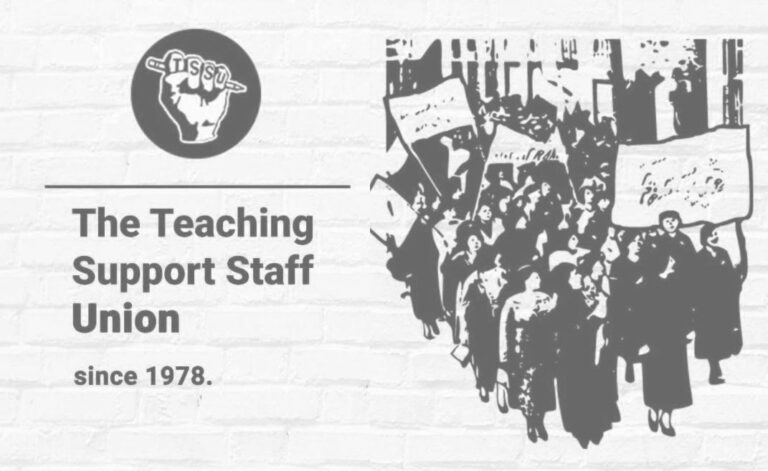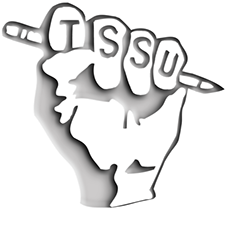Bargaining Update – October 7, 2014


The TSSU met with the Employer for a 5th and 6th day of bargaining on September 30th and October 7th.
TSSU focused on improving the working conditions and job security of Sessional Instructors, and ensuring Teaching Assistant (TA) and Tutor Marker (TM) jobs go first to graduate students. Sessional Instructors deserve real seniority rights, and graduate students need work that allows them sufficient time to complete their research. The employer disagrees with these basic principles, and proposed steps that reduce job security for Sessional Instructors, and increase graduate student workloads (see below for more details). TSSU does not accept that increasing insecurity and pressure on employees is a real solution to the problems facing our members.
TSSU has proposed real seniority rights for Sessional Instructors who currently teach more than one of every four undergraduate courses, and, to their students, often remain indistinguishable from full-time faculty members. The employer responded with an unequivocal “NO.” The employer states that Sessional Instructors do “great work for us,” but refuses to provide these teachers with reasonable job security because “it benefits those who have long since left the university and we no longer want to support them.” This refusal devalues their work and teaching experience.
The employer proposes that graduate students be hired over long-standing Sessional Instructors. They want sessional work to be “graduate student funding.” This perpetuates the precariousness of Sessional Instructors’ employment. The employer wants graduate students to take on more onerous workloads, sacrifice their research and give up their post-graduation employment prospects.
TSSU disagrees with the employer’s plan. TSSU’s proposal allows for a limited number of positions to go to graduate students, and enables them to apply that experience toward seniority after they graduate. Sessional Instructors are paid less than PhD TAs. Shifting Sessional Instructor positions to PhD students would result in more work for less pay, while preserving the employer’s tenacious refusal to reward service.
The TSSU’s bargaining committee believes all graduate students who want TA/TM work should have priority for that work. We went to the bargaining table on October 7th to have a substantive discussion on that principle. Departments continue to award more than 20% of all TA/TM jobs to non-graduate students. TSSU believes SFU should fulfill its obligation to fund its graduate students. By meeting this obligation, fewer graduate students will be forced to work off campus.
The employer received TSSU’s detailed bargaining proposal on June 4th. but, 4 months later is unwilling and unprepared to discuss the TA/TM proposal and stated they would deal with it “when we engage.” The employer said they had questions and comments on the TA/TM proposal, but they refused to ask their questions or comment.
But TSSU is committed to bargaining a collective agreement that offers solutions to the problems faced by our members and our University. Proposals to take away the limited rights, benefits, and entitlements of our members are not solutions. Refusing to engage in bargaining will not get us to a resolution in a timely manner.
The next day of bargaining is scheduled for October 21st.
